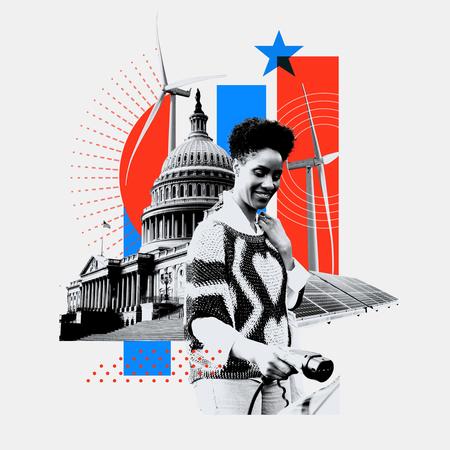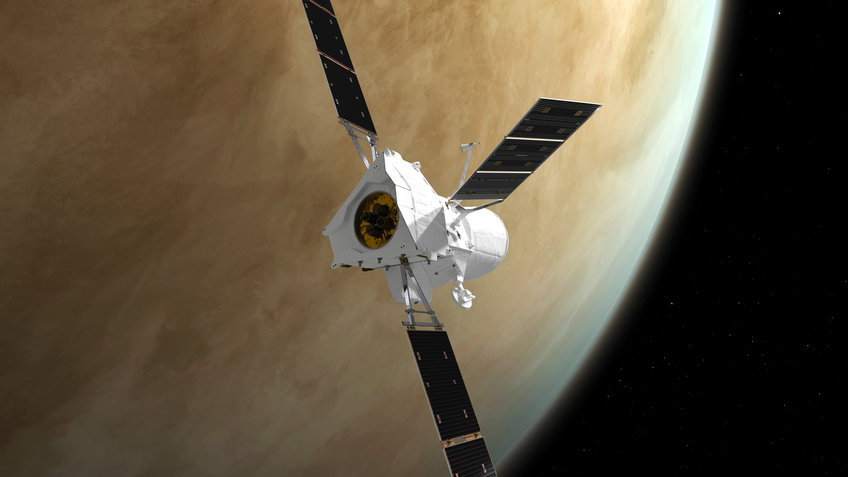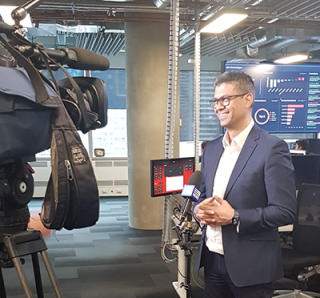Kyoto, Japan — Humans have evolved as social animals. From childhood, we are taught the benefits of forging ties and being empathetic as a strategy for survival and mental well-being — or at least that is the ideal.
Sometimes, though, such ties morph into the fabric of tribalism, subjecting certain individuals to discriminatory behavior or attitudes.
Now, a team of researchers at Kyoto University has comprehensively analyzed the way in which social ties demonstrate a kind of bipolarity. On the positive side, interpersonal relationships are strengthened; on the negative side, social ties seem to be manifested in the form of empathic distress and stigma-related anxiety.
“During the earlier phase of the pandemic, some people overstated worries about their Covid-positive status being revealed to others and causing stress for them,” says lead author Shisei Tei.
The darker side of social ties also appears in groupism and peer pressure, where fear-induced hostile stereotyping and vigilantism associate with targeted individuals feeling ostracized.
“We have seen very little research on how people negotiated social ties, bias, and inter-group conflict induced by fear during the recent pandemic,” adds the author.
Tei and his co-author Junya Fujino gathered qualitative evidence pointing to the two-sidedness of social ties and empathic behavior. The Covid-19 pandemic has provided substantial anecdotal data concerning anxiety, conflicts, and cognitive flexibility, corroborated by other studies using brain-imaging techniques and neuroeconomics.
The results of their review surprised and even inspired the authors to reflect on the tapestry of human social behavior interwoven with perceptions of identity and belonging.
“The distortions of social ties, possibly influenced by recent war-related events and mass shootings, further generalizes our theory of in-group social bonds and empathy,” notes Tei.
Armed with the knowledge acquired from this study, scientists and policymakers may likely be better equipped to solve problems stemming from inter-group conflict and disruption.
The author concludes, “Searching for new science-based ways to encourage cognitive flexibility and intergroup empathy may stimulate humanitarian action.”








